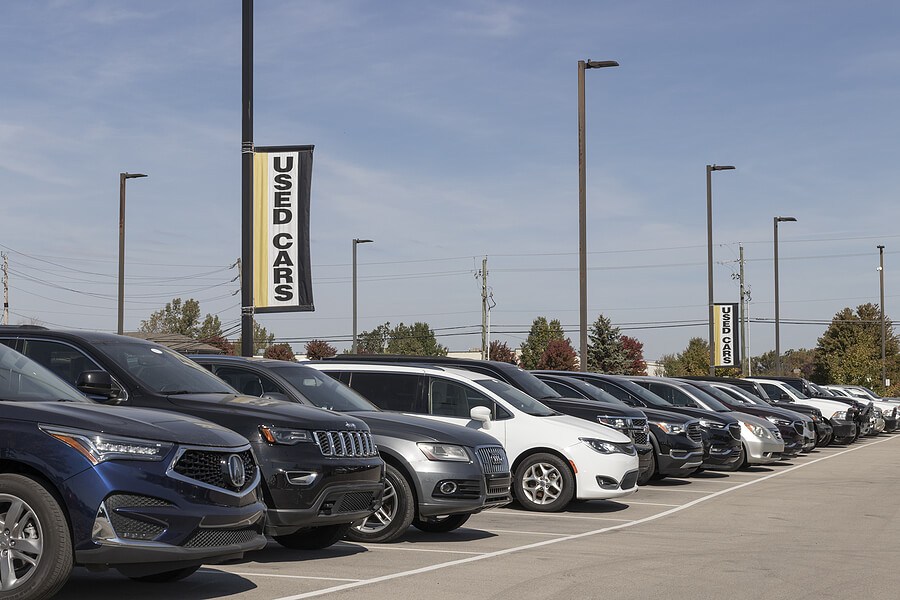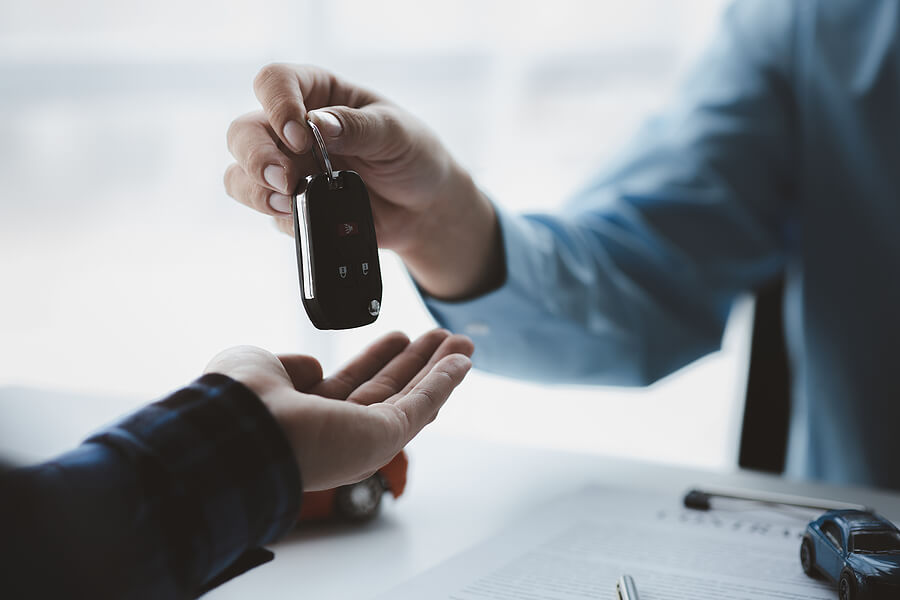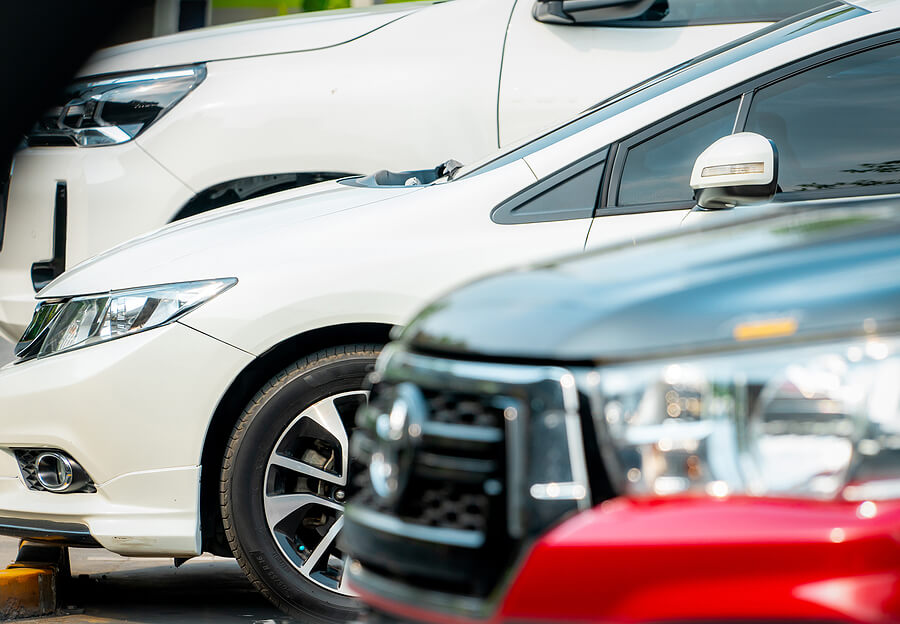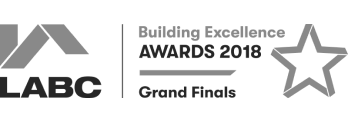A car is a handy and sometimes necessary addition, enabling you to commute to work, run household errands, and explore the country.
However, the rising price of petrol and the cost of insurance for younger drivers can make car ownership expensive.
Buying a used car is one way to save your pennies and make your purchase more budget-friendly.
Don’t get caught out and be left with a rotten deal — use our guide to know what to look for when buying a used car, including questions to ask and details on finance and rights.
With our help, you’ll soon be driving toward a life of fun and opportunity!
Benefits of buying a used car
Although buying a brand-spanking new ride may seem more enticing, there are several benefits to opting for a used vehicle instead.
- Lower cost – Used cars are generally cheaper than the newest models, making them an excellent option for buyers on a budget.
- Depreciation – Cars lose value as soon as they are driven away from the garage. Used cars have already experienced this significant initial drop, meaning their depreciation rate is slower.
- Wider selection – With used cars, buyers can choose from a more extensive range of discontinued, rarer, and older models that aren’t available new.
- More reliable – Advances in car manufacturing mean even older vehicles still have many miles left in them, offering several years of service for a lower price.
- Reduced environmental impact – Buying a used car reduces the reliance on the manufacturing process and preserves the earth’s natural resources.
- Fewer hidden costs – Depending on where you purchase it, used cars typically have fewer hidden costs, like dealership fees and delivery charges.
Tips for buying a used car
A major purchase, like a used car, requires planning — especially if it’s your first time buying a vehicle.
Extensive research and patience will ensure you bag the best deal available.
- Research the market – Explore the typical price range of the make and model you’re interested in and any issues that could arise.
- Set a budget – When choosing your budget for a used car, remember to consider financing repayments, insurance, petrol costs, maintenance, etc.
- Don’t rush into the purchase – Shop around and compare prices between dealerships and private sellers to confirm you’re getting a fair price for the car.
- Test drive – Test driving a car ensures you can handle it well and are comfortable. It’s also a chance to highlight any potential problems.
- Have the car inspected – Alongside your inspection and questions, it’s worth getting a trusted mechanic to check the car thoroughly. This will help identify possible issues and provide a reliable indication of the car’s condition.
- Read the fine print – Read the warranty, vehicle report, financing details, and any additional documents carefully before buying. Make sure you understand all the terms and ask for a second opinion if needed.
What to look for when buying a used car

Whether you’re purchasing from a private seller or dealership, there are some things to check when buying a used car.
Overall condition
Inspecting the interior and exterior of the vehicle will give you a good indication of its condition.
Look for signs of damage, such as rust, scratches, and dents outside, and stains and worn areas inside. While these are relatively minor, they could help you negotiate a lower price.
Engine performance
How smoothly does the engine start and run? Tricky starts or unusual sounds and vibrations could indicate an underlying problem with the car. Pay attention to warning lights on the dashboard, too — oversights could mean expensive repairs later down the road.
Tires and brakes
Even though you’re buying a used car, you should still expect the tires to have decent tread and minimal wear and tear. Check for signs of external damage and, during your test run, ensure the brakes are correctly responsive.
Handling
Another thing to analyse during your test drive is the car’s steering and suspension. Make sure it handles smoothly and bounces evenly over bumps. You also want the steering wheel to feel tight and responsive, minimising the risk of an accident.
Lights and electrics
To ensure the car’s electronics are in good working order, check its lights, horn, air conditioning, radio, or navigation system.
Maintenance history
Knowing the car’s previous repairs and service history is helpful, as it indicates its condition and potential problems. Find out how well the seller or dealership has taken care of the car to prevent any unwelcome surprises.
Vehicle history report
A vehicle history report contains details about any accidents the car may have been in, including if it has a salvage or rebuilt title. If the car was previously written off but rebuilt by someone, it could still have significant problems that will cost in future repairs.
Some car manufacturers recall vehicles because of factory issues or improperly installed parts. A vehicle history report will tell you if the used car fell under this category and was overlooked for recall. Most reputable sellers will offer this information. However, you can ask for a copy if they don’t.
Questions to ask when buying a used car
Knowing what to ask when buying a used car could mean the difference between getting a fantastic or shoddy deal.
While most sellers are trustworthy, some may wish to conceal specific issues if they think it will get them a better price.
These questions offer a good opportunity for you to discover more about the vehicle, its performance, and its history.
- Why are you selling the car?
- How long have you owned the car? What is your experience with it?
- Do you have the car’s service history and maintenance report?
- Has the car been in any accidents or had any major repairs?
- Has the car been smoked in?
- Is the car still under warranty?
- What is the car’s fuel efficiency?
- Does the car have any current or recurring issues?
- Has the car had all of its recommended services?
- Are there any extra fees or costs associated with the purchase?
- Can I carry out a pre-sale inspection with a mechanic of my choice?
- Are you open to any price negotiations?
How to negotiate the price of a used car
If you’re buying a used car from a dealership or private seller, there could be an opportunity to negotiate the price.
This can be a daunting and challenging process, especially if demand for your vehicle is high, so it’s essential to research and prepare beforehand.
Knowing the market value of the car’s make and model is crucial. This way, you’ll know if you’re getting a fair price. It’s also worth looking at other nearby sellers and dealerships to see if they offer better deals.
After your inspections and test drive, you may find the car requires necessary repairs and maintenance. Use this information to leverage a lower price — consider these costs when determining the car’s overall value rather than its sticker price.
How you present your counteroffer is also important. Be friendly and confident, and establish a good rapport with the seller before discussing costs.
The seller may wish to conduct further research and checks before accepting or rejecting your price — if this is the case, be patient and stay focused.
Finally, remember it’s OK to walk away. If the seller’s final price is still over your maximum budget and they aren’t willing to negotiate further, knowing when to move on is best for everyone involved. With so many used cars on the market, you’re sure to come across another vehicle in your price range soon.
Financing options for used cars

Using finance to buy a used car can reduce the initial cost and turn it into more manageable payments. This is a good option if you don’t have a lump sum of cash to splash on a vehicle.
The two most common financing options when buying a used car from a dealership are hire purchase (HP) and personal contract purchase (PCP).
Hire purchase
Hire purchase involves paying monthly for the car after an initial deposit. Once you’ve made all the payments, you will own the vehicle outright.
HP repayments can be higher than other financing options, but the interest rate is usually lower and fixed. Payments are a set amount over a fixed period; unlike PCP, you won’t need to consider mileage.
Personal contract purchase
PCP is slightly more complicated but can be good if you regularly change your car.
You’ll usually pay around 10% of the car’s price immediately. The dealership will evaluate how much they think the car will depreciate over the time of the deal, which influences how much you can borrow. You will also agree to an annual mileage limit.
After this period, you can either pay the car’s new value and keep it, trade it for a replacement and start a new PCP plan, or give it back.
What are your rights when buying a used car?
Buying a used car from a dealership affords more rights and protects your purchase.
Firstly, you’re covered by the consumer Consumer Rights Act 2015 if the car turns out to be faulty. This means you can take the car back within 30 days for a full refund if you can prove the issue was there when you bought it.
A complete refund after 30 days is much less likely, but you can still approach the dealer to fix the faults within six months after purchase.
After these six months, you still have six years of protection. However, any faulty claims will be much harder to prove. Getting an independent garage to confirm the issues could be beneficial when claiming against a dealer.
You have fewer rights and protections when buying a used car from a private seller, and making any claims against them for faulty vehicles is harder. This is something to keep in mind during your research and inspection stage.
Whatever vehicle you choose, make sure you’re driving back to a comfortable place to call home. We have a range of professional lets around the Leeds area to suit various budgets and needs — browse our collection today.



